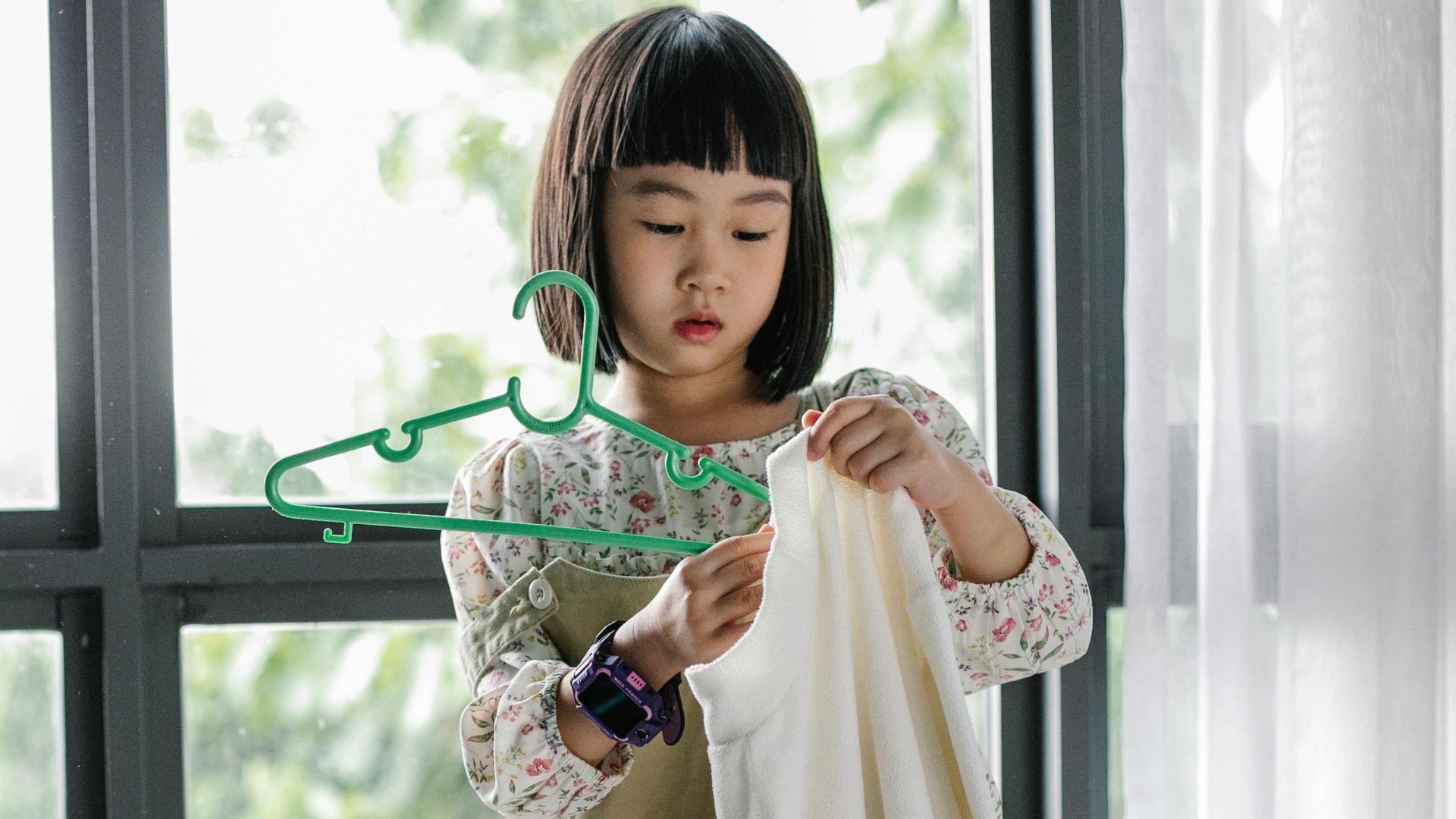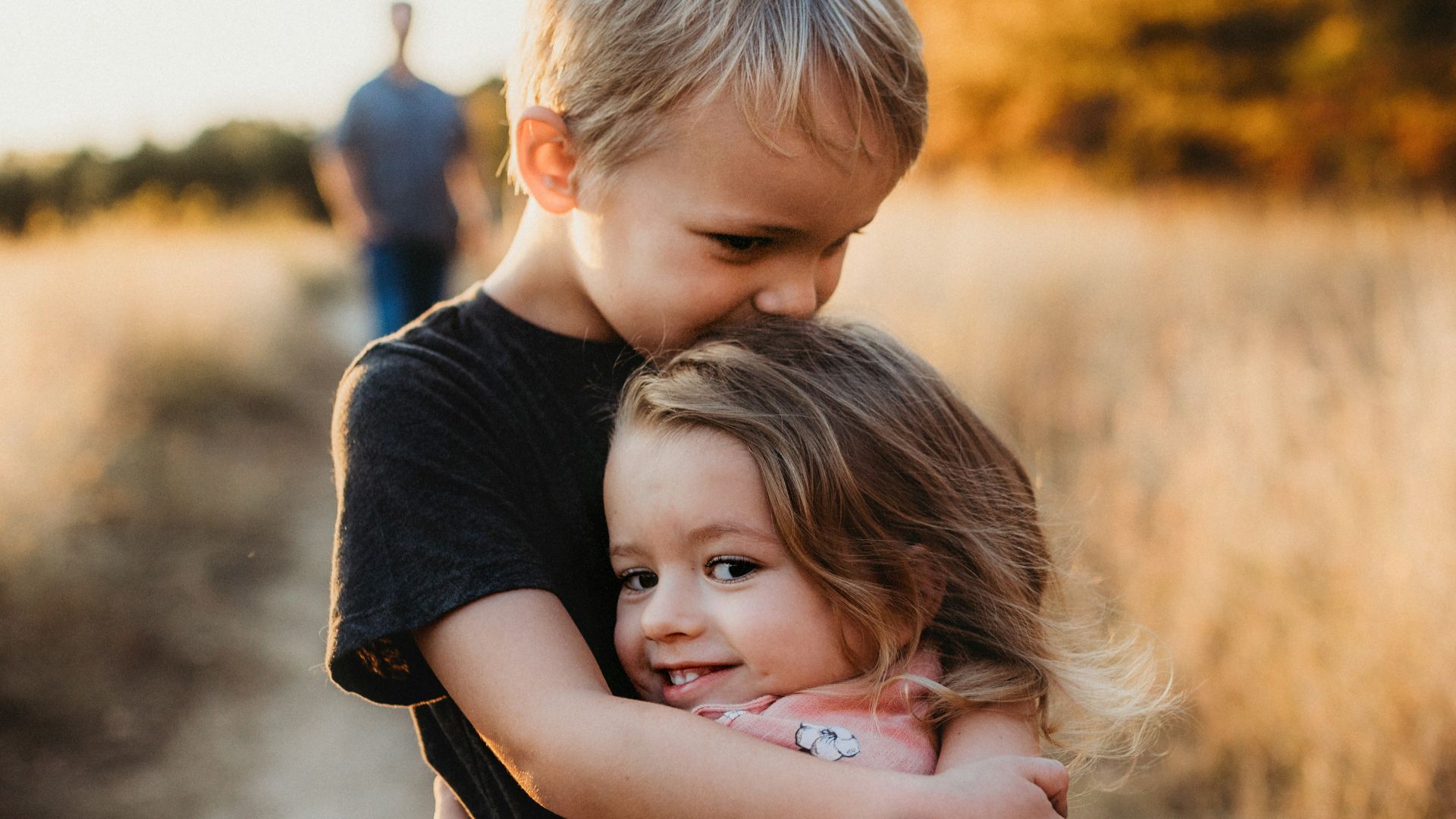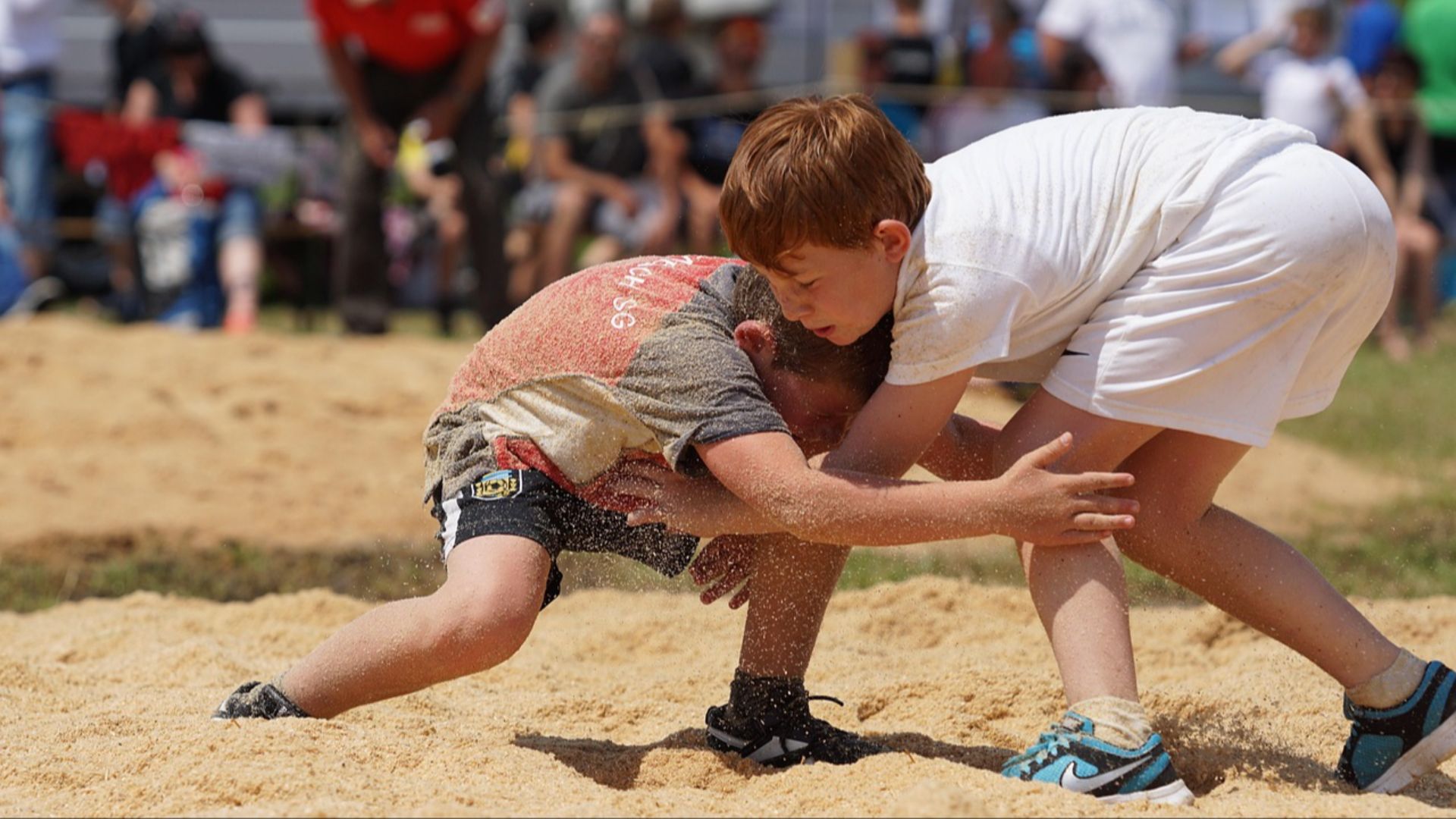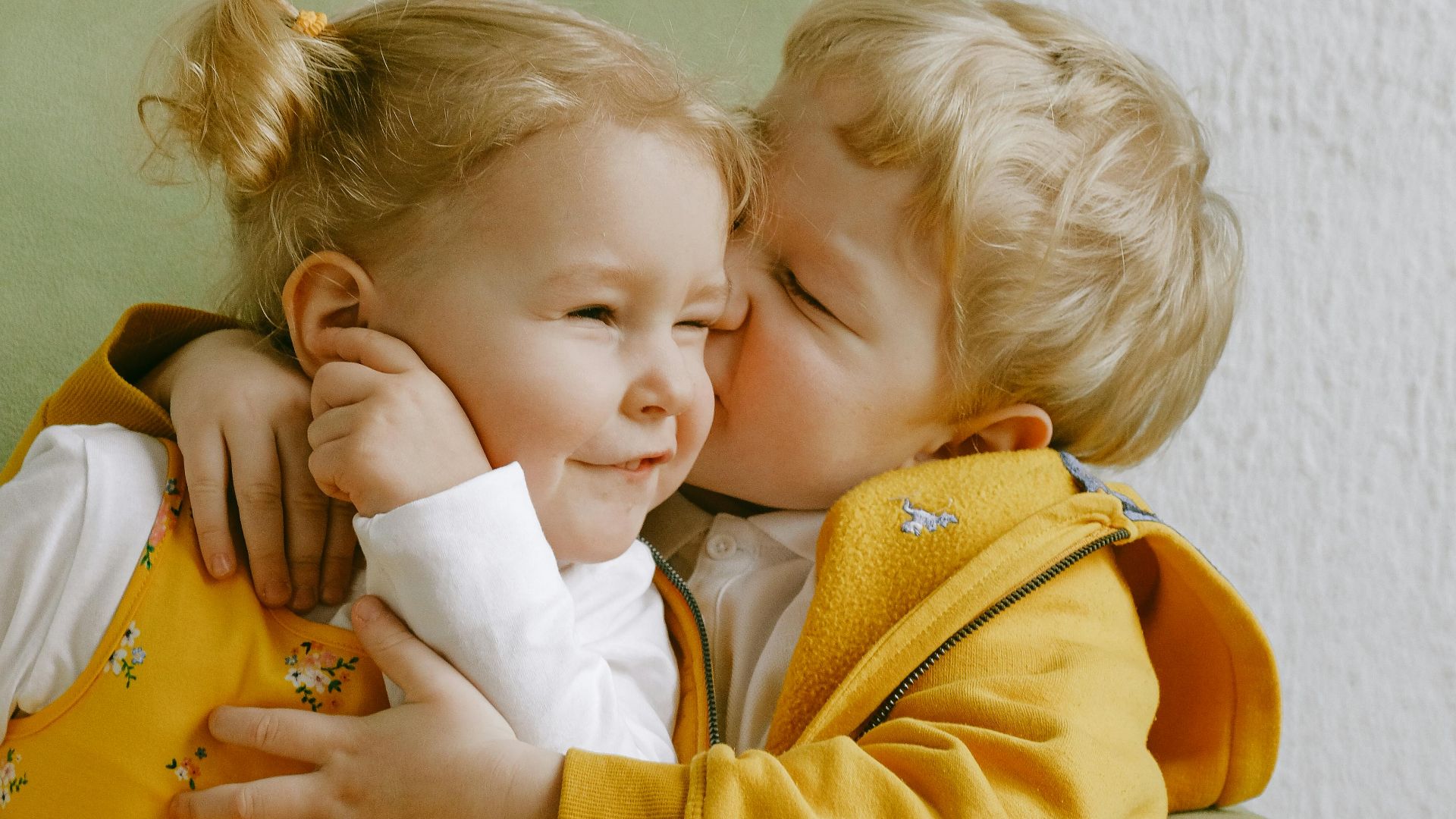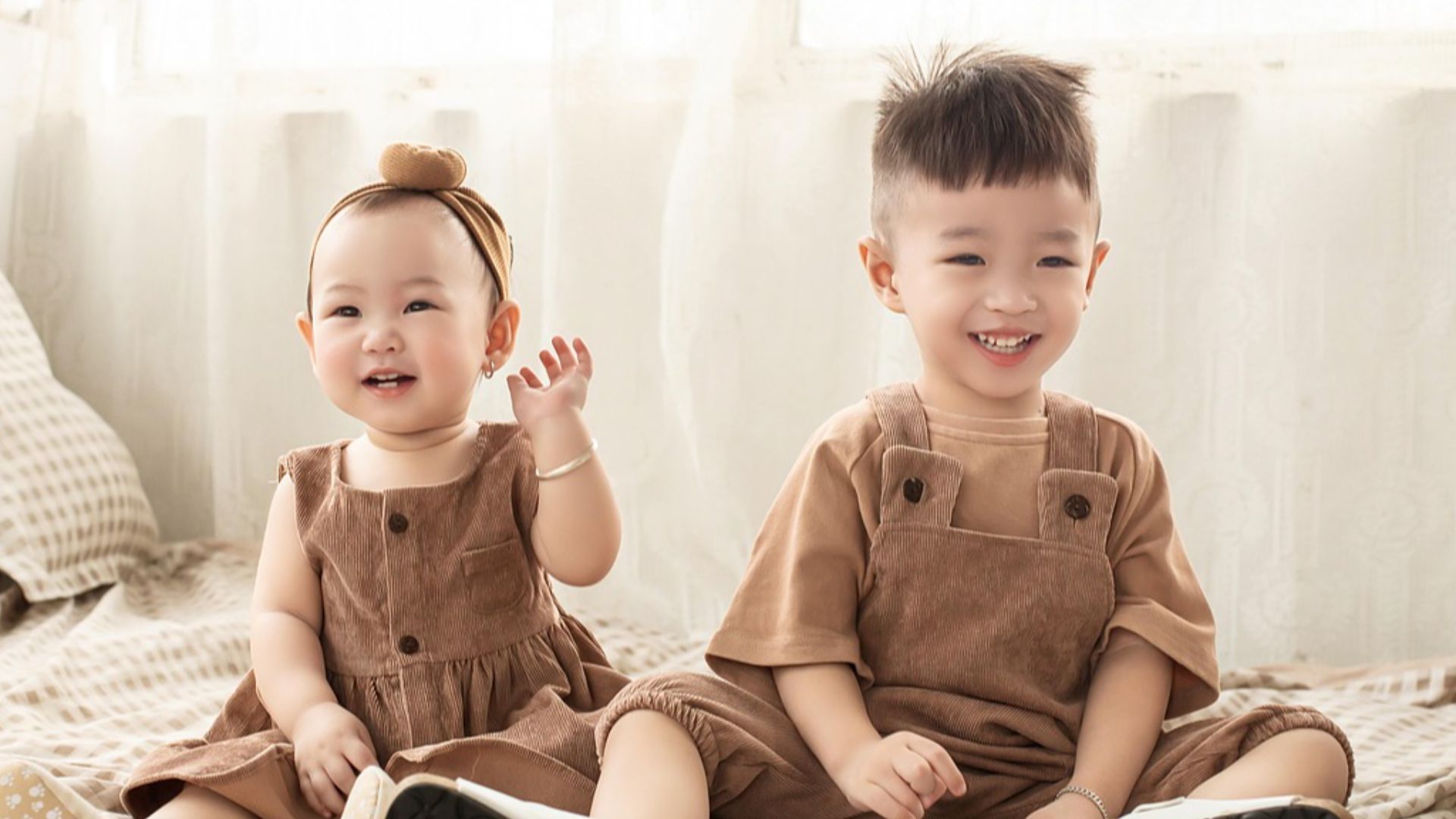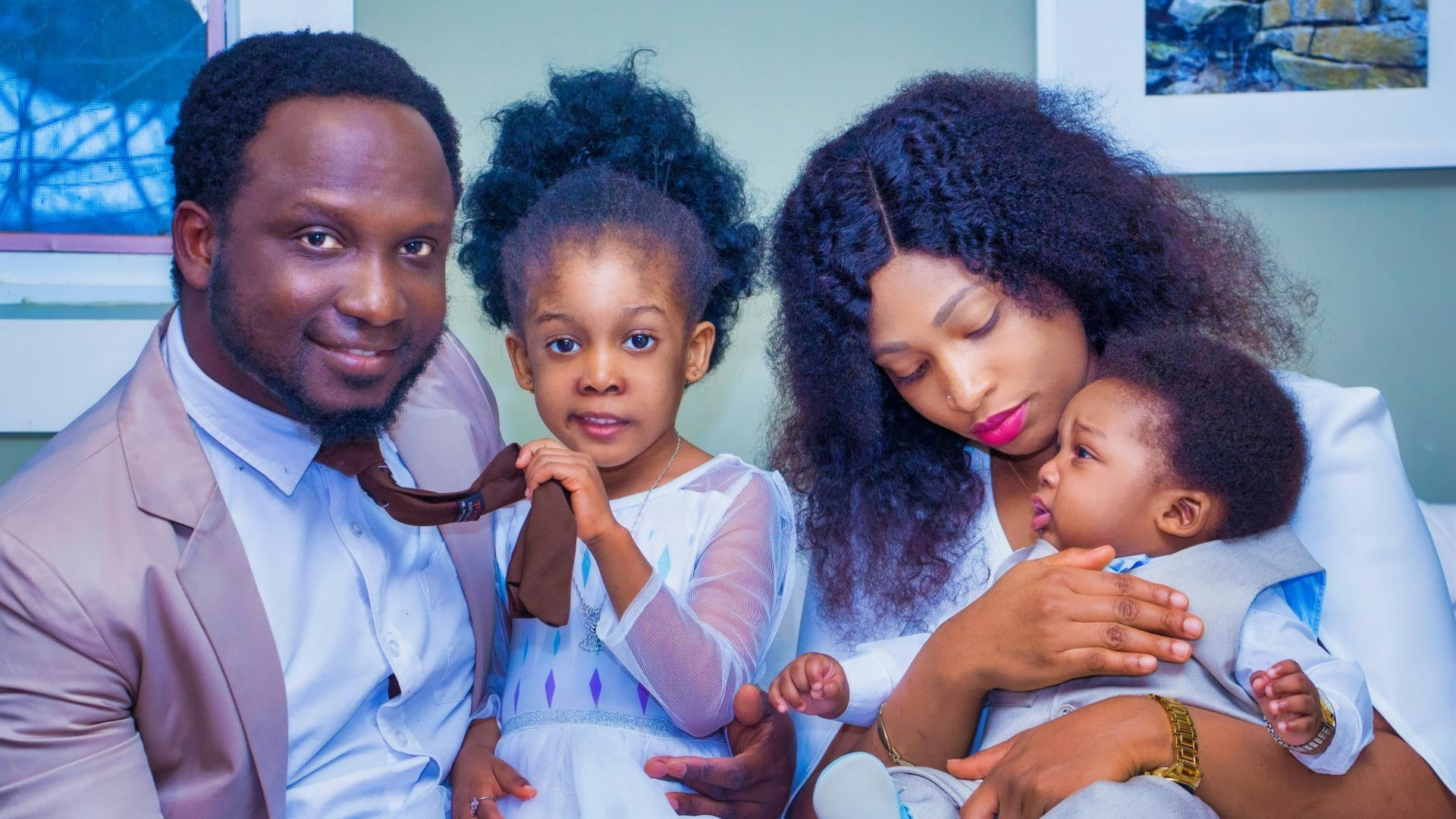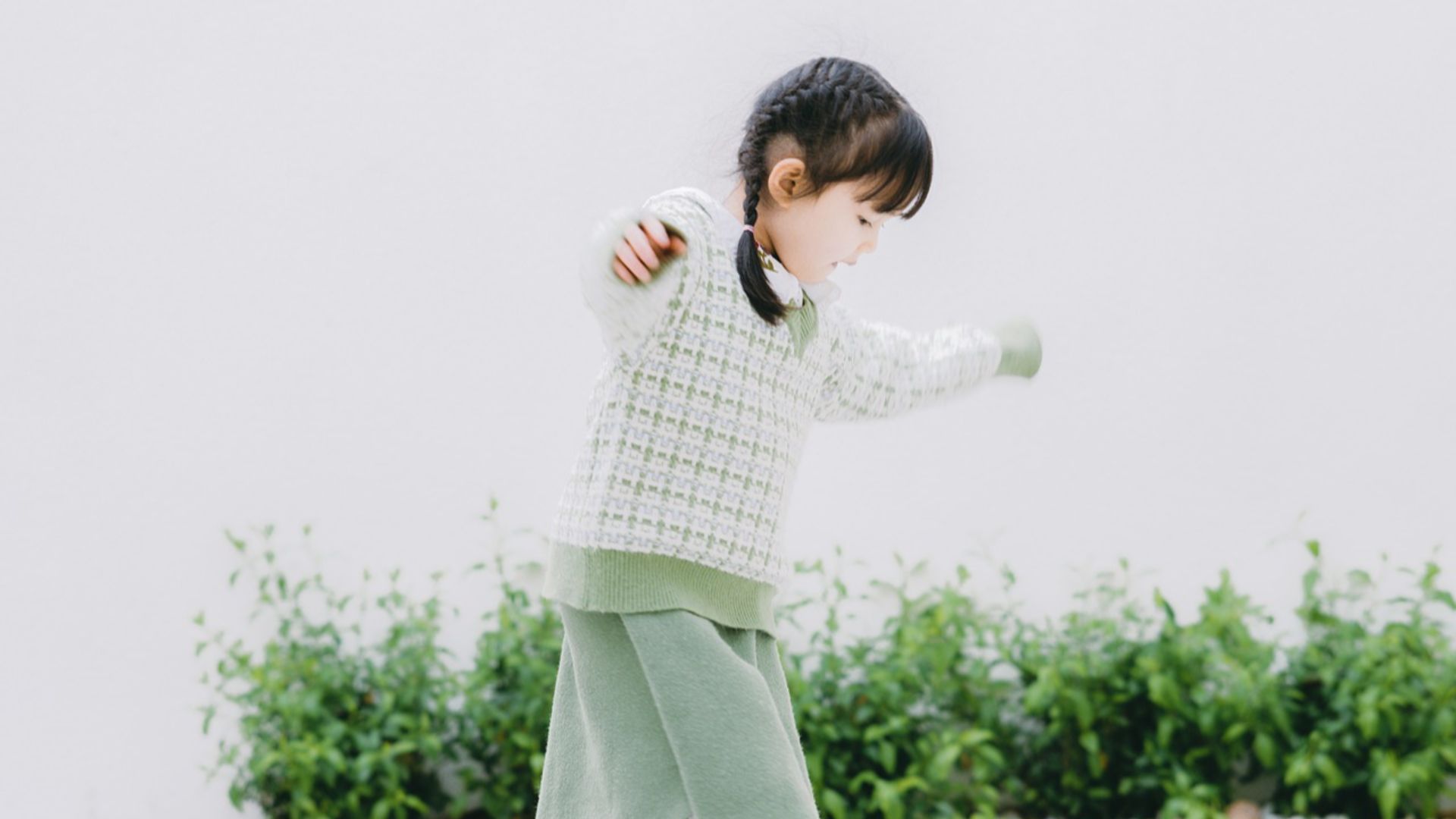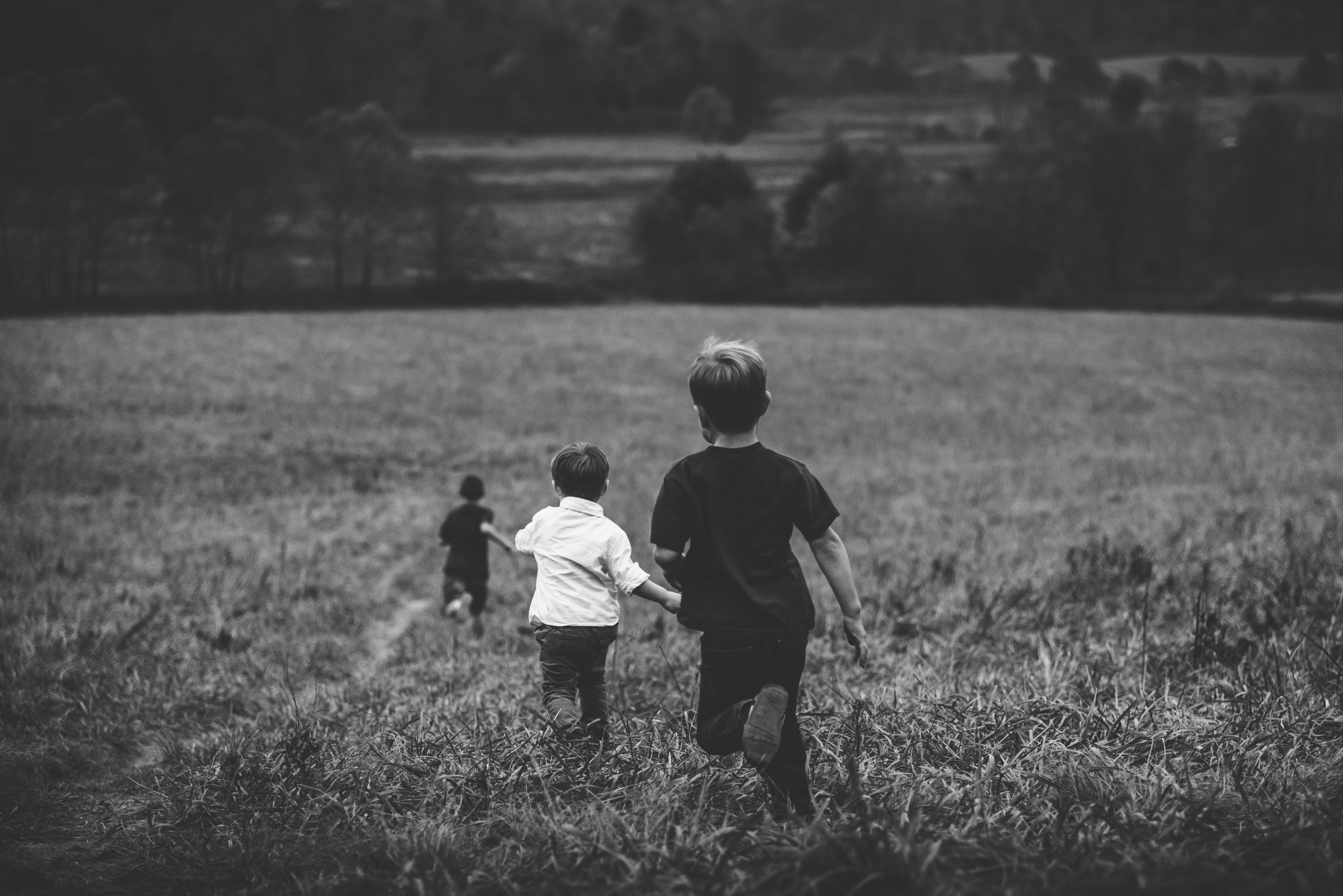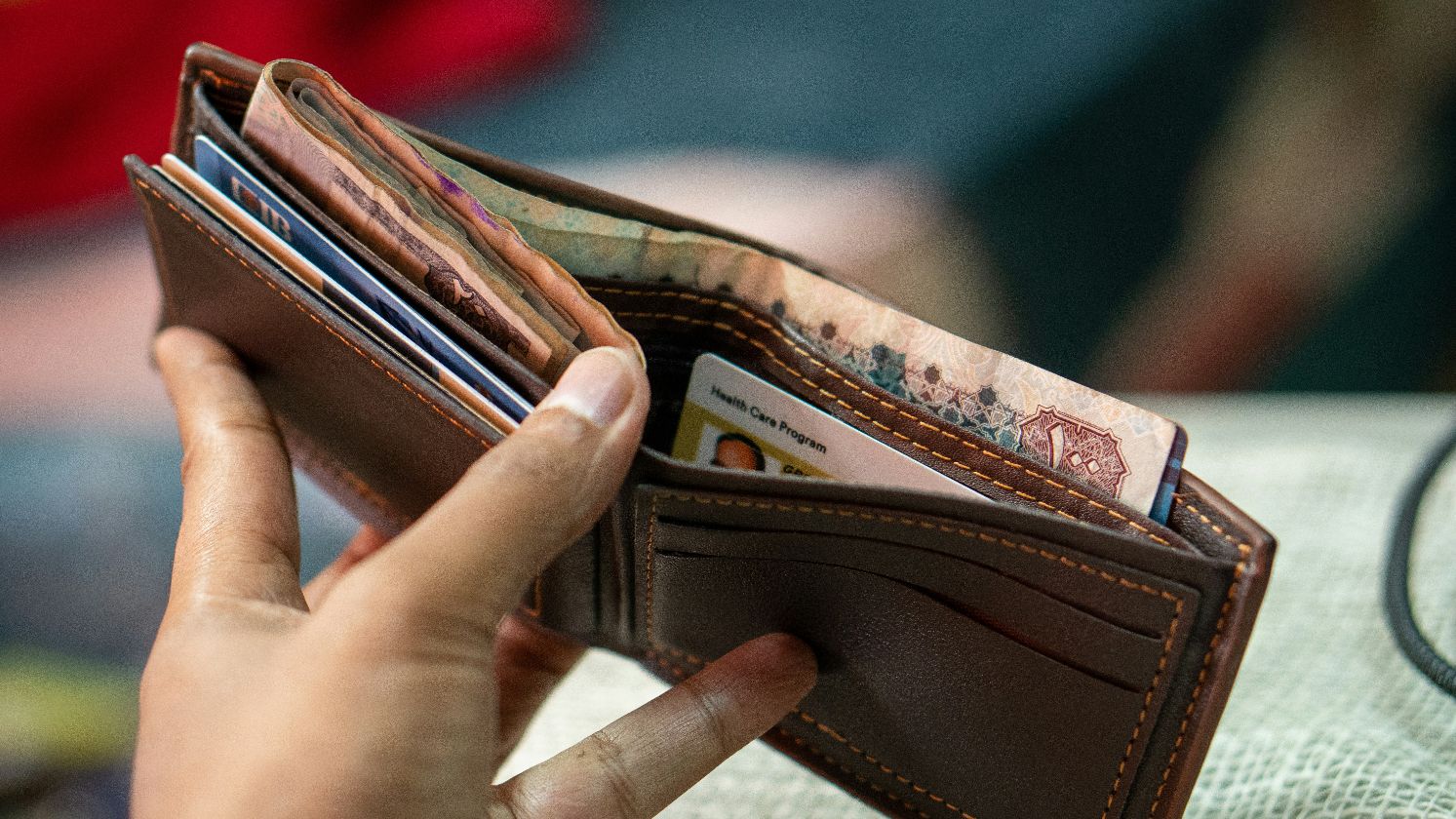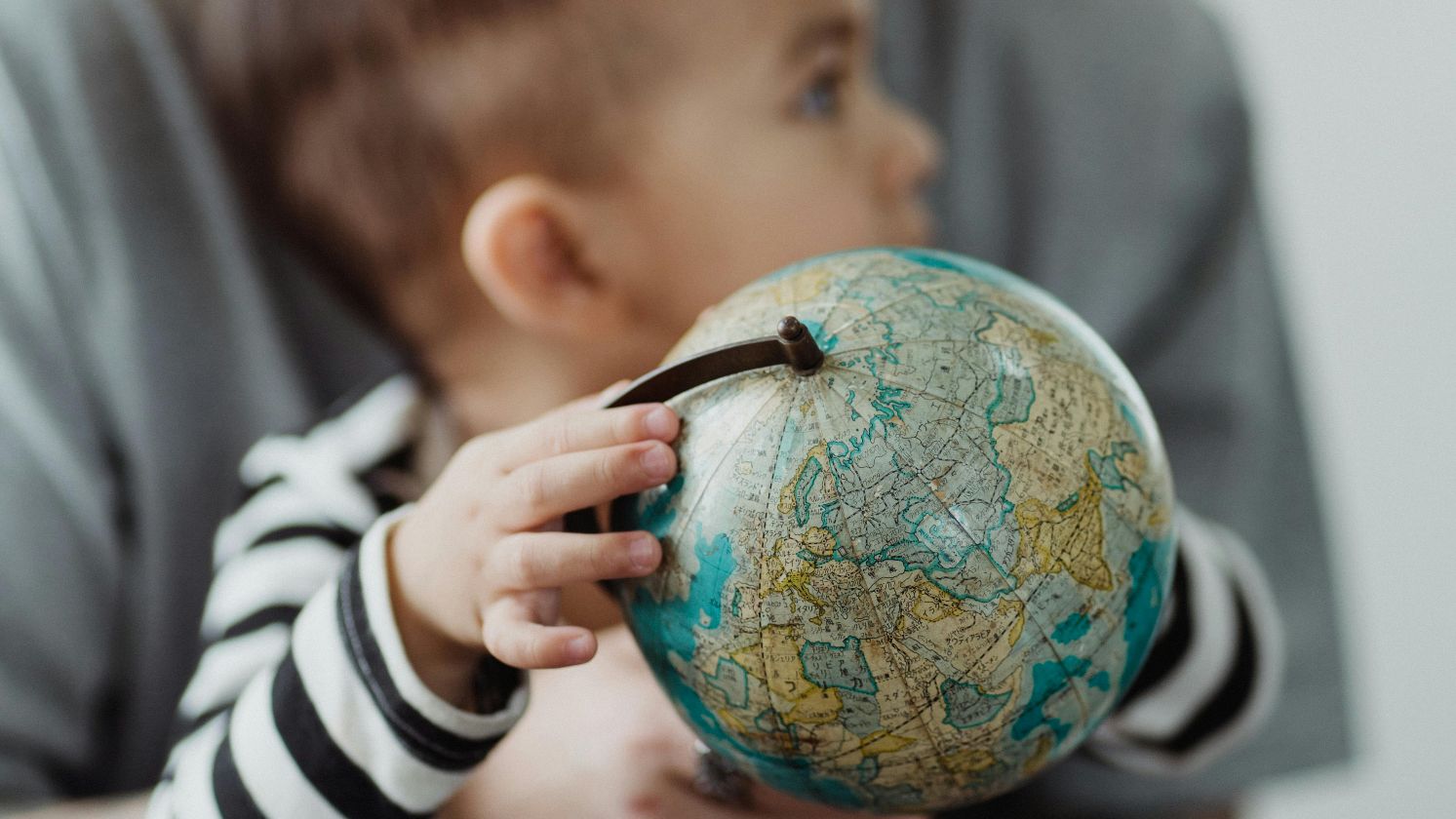First In The Family
Are you the oldest child in the family? Your experiences and how you grew up can actually be very telling of your personality. If you consider yourself a leader, a hard worker, and a perfectionist, guess what? Those are very common traits of those who are the oldest child! Learn more about yourself today with these 20 facts about what being the oldest child says about you. How many do you agree with?
1. Strong Leadership Skills
If you're the oldest child, you've probably found yourself in leadership roles, both within the family and in other areas, numerous times throughout your life. This is because you're used to guiding your younger siblings and taking charge in group settings. It comes naturally to you, especially after having to take care of your siblings all your life. These early responsibilities set a solid foundation for strong leadership qualities to develop.
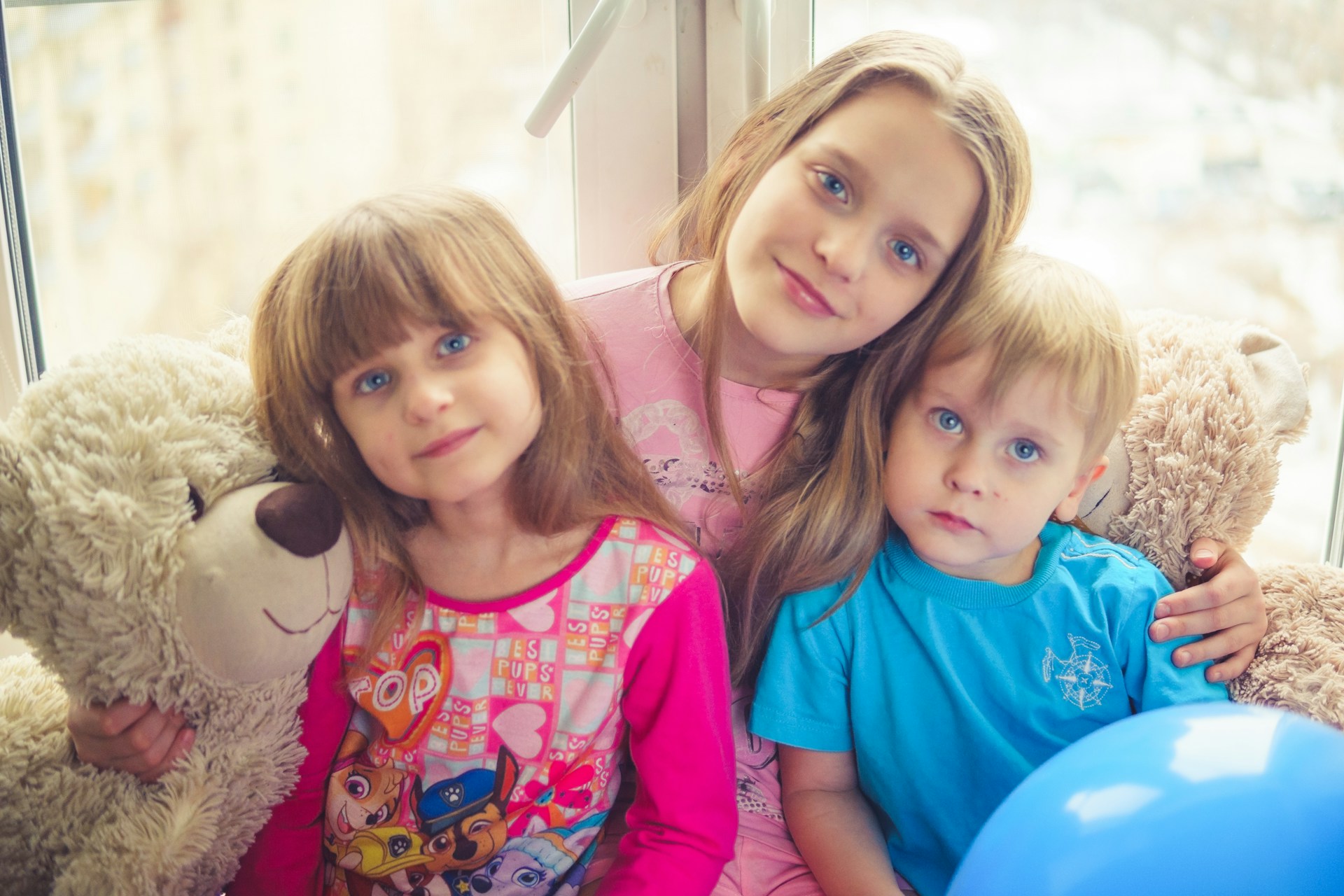 Photo by Vitolda Klein on Unsplash
Photo by Vitolda Klein on Unsplash
2. Responsible
Being the firstborn, it's common for the oldest child to frequently bear the brunt of parental expectations. After all, your parents look to you to set a good example for the younger kids. This early introduction to responsibility can make you more reliable and conscientious in your personal and professional lives too. Because at the end of the day, you're going to be the one your parents rely on for help around the house or with looking after younger siblings.
3. Independent
Oldest children learn to be more independent starting at a young age. Whether it's entertaining yourself while your parents are busy with the younger siblings, or learning to do tasks on your own sooner, this is a positive trait that helps you become a self-sufficient individual who is comfortable taking initiative.
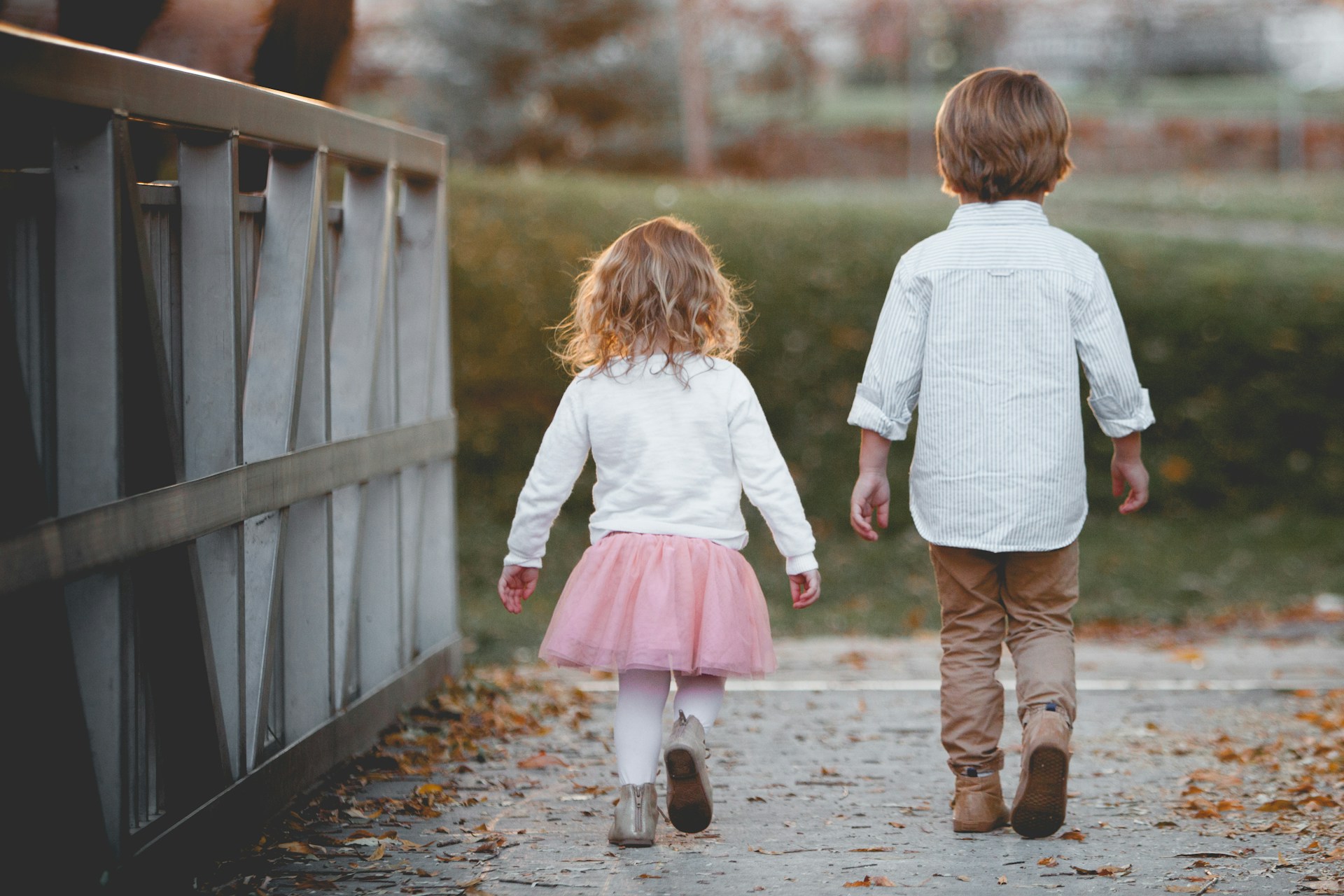 Photo by Kevin Gent on Unsplash
Photo by Kevin Gent on Unsplash
4. Mature for Their Age
It's not uncommon for the oldest children to be seen as more mature than their peers. Sound like you? This maturity comes from your role within the family, one where you're expected to set a good example for your siblings. This can sometimes translate into an "old-soul" kind of personality and vibe, one that fits well with more adult conversations and responsibilities.
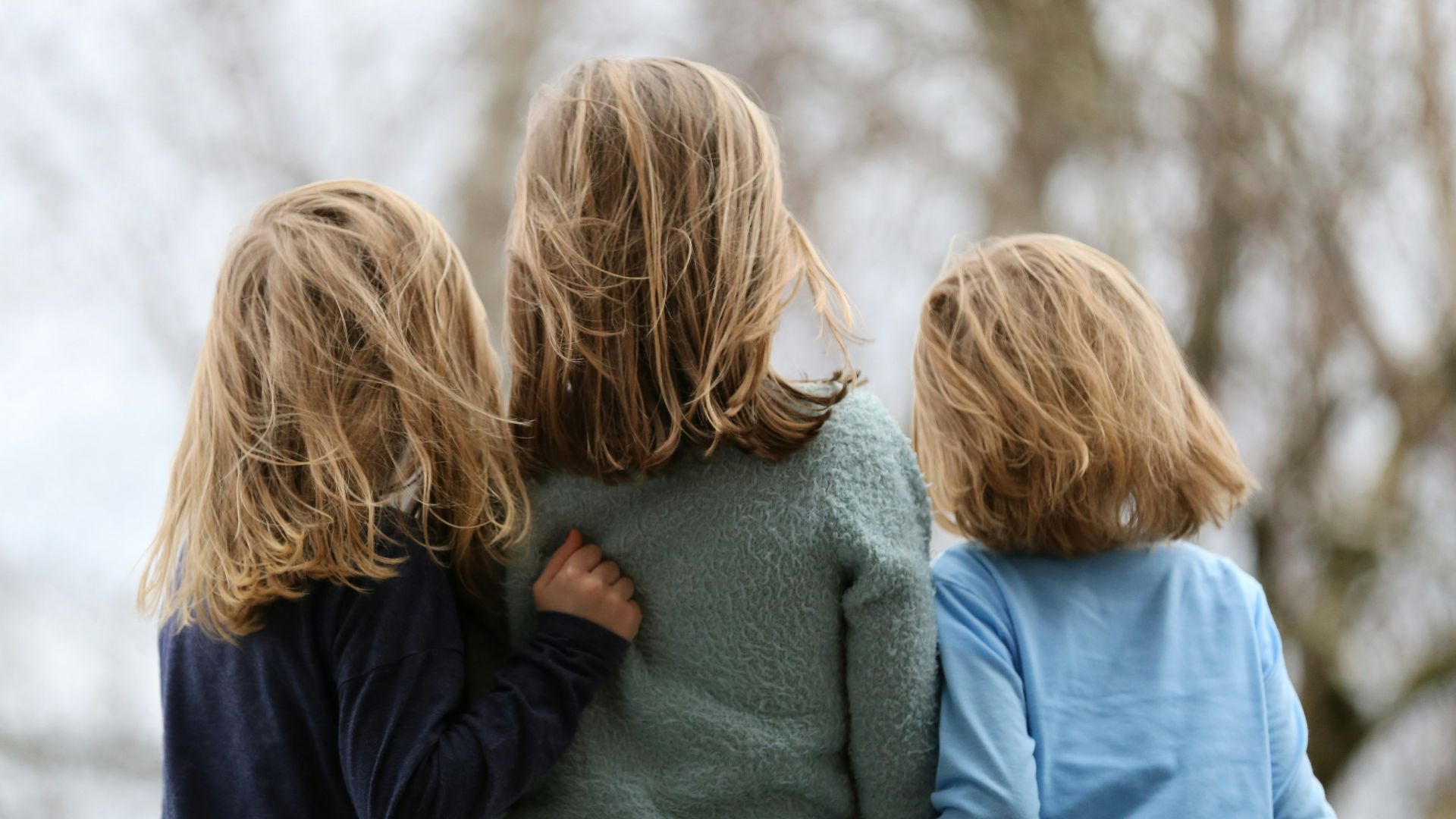 Juliane Liebermann on Unsplash
Juliane Liebermann on Unsplash
5. High Achiever
Because so much of the spotlight is on the oldest child, especially in the beginning, the pressure to set a good example can turn oldest children into high achievers. You probably try to strive for excellence in academics, sports, and other activities because you have a strong desire to meet or exceed your parent's expectations. You want to help pave the way for your siblings and be a positive role model.
6. A Follower Of Rules
Don't like breaking the rules? Well, it's been noted that oldest children tend to be rule followers. You've likely been told at a young age what is expected of you and you've internalized these expectations. This makes it more likely for you to honor rules and guidelines, both at home and in other environments. You're not being a goody two shoes, you're being responsible.
 Image by Gerd Altmann from Pixabay
Image by Gerd Altmann from Pixabay
7. Protective
Being the oldest child in the family often comes with a natural sense of protectiveness over younger siblings. You just want to make sure they're safe and doing well! This trait can extend far beyond just the family though, with the eldest child being an incredibly compassionate and protective friend in their social circle as well. Friends are like family after all.
8. Organized
Out of necessity, oldest children often develop strong organizational skills. Do you feel a need to write everything down? Track everything in the calendar? Are by chance the oldest child then? Because you have to juggle multiple responsibilities and keep track of both your own and your siblings' schedules, you've had to learn how to adapt. As a result, you're likely exceptionally good at planning and have solid time management skills!
9. Problem Solver
When things go wrong, your younger siblings will likely look to you to help solve things. From mediating fights to figuring out how to manage your own challenges independently, oldest children learn to become adept problem solvers. You're used to thinking on your feet and having to find creative solutions to problems because if you don't, who will?
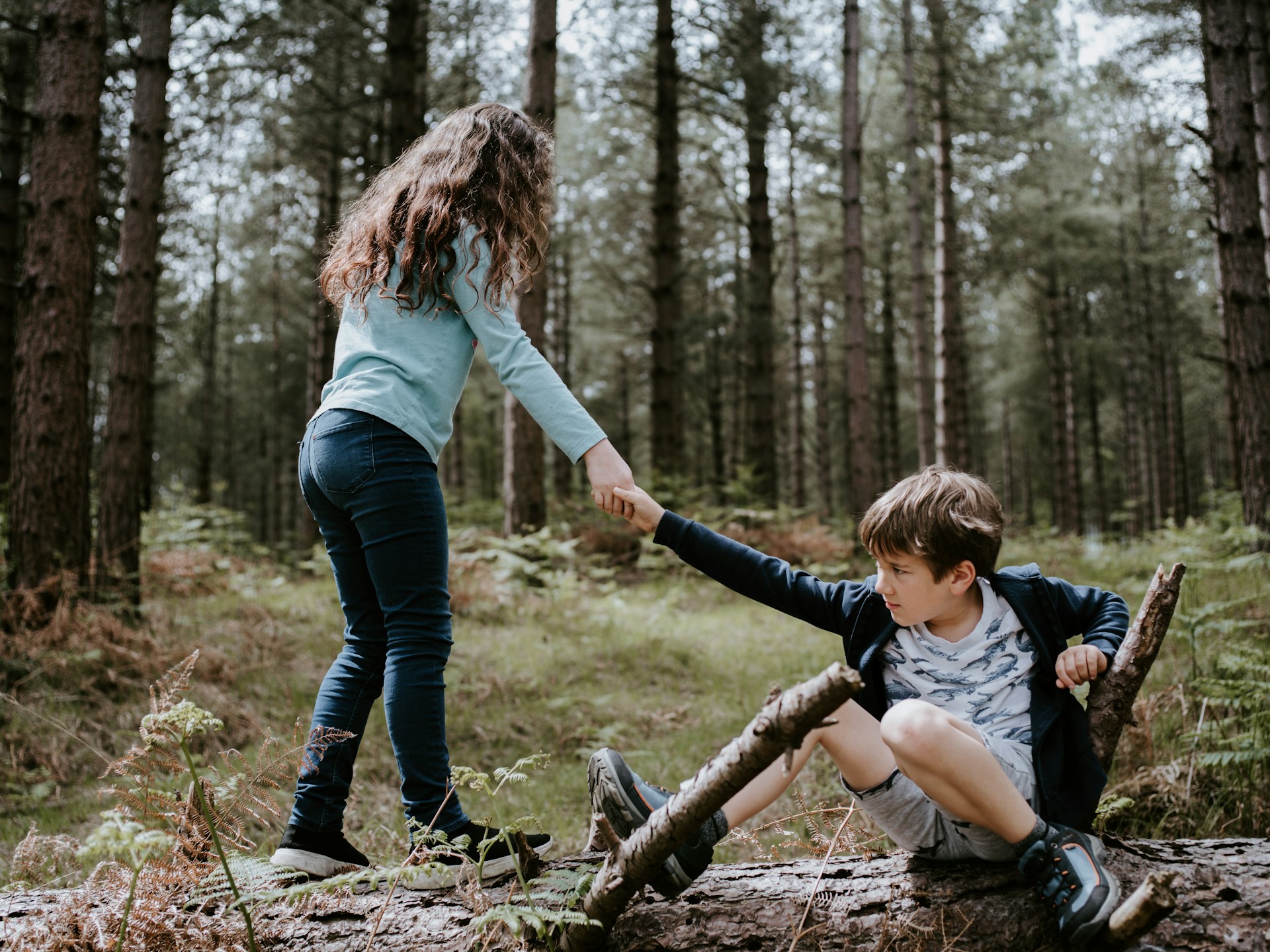 Photo by Annie Spratt on Unsplash
Photo by Annie Spratt on Unsplash
10. Nurturing
As the third oldest in the family (after your parents essentially), it's natural for the oldest child to take on the "third-parent" kind of role. It becomes your job to offer guidance, support, and care to your younger siblings as you tackle your own life challenges in your own time. This nurturing aspect is a good thing though - it makes you empathetic and more caring, qualities that will improve your own relationships throughout life.
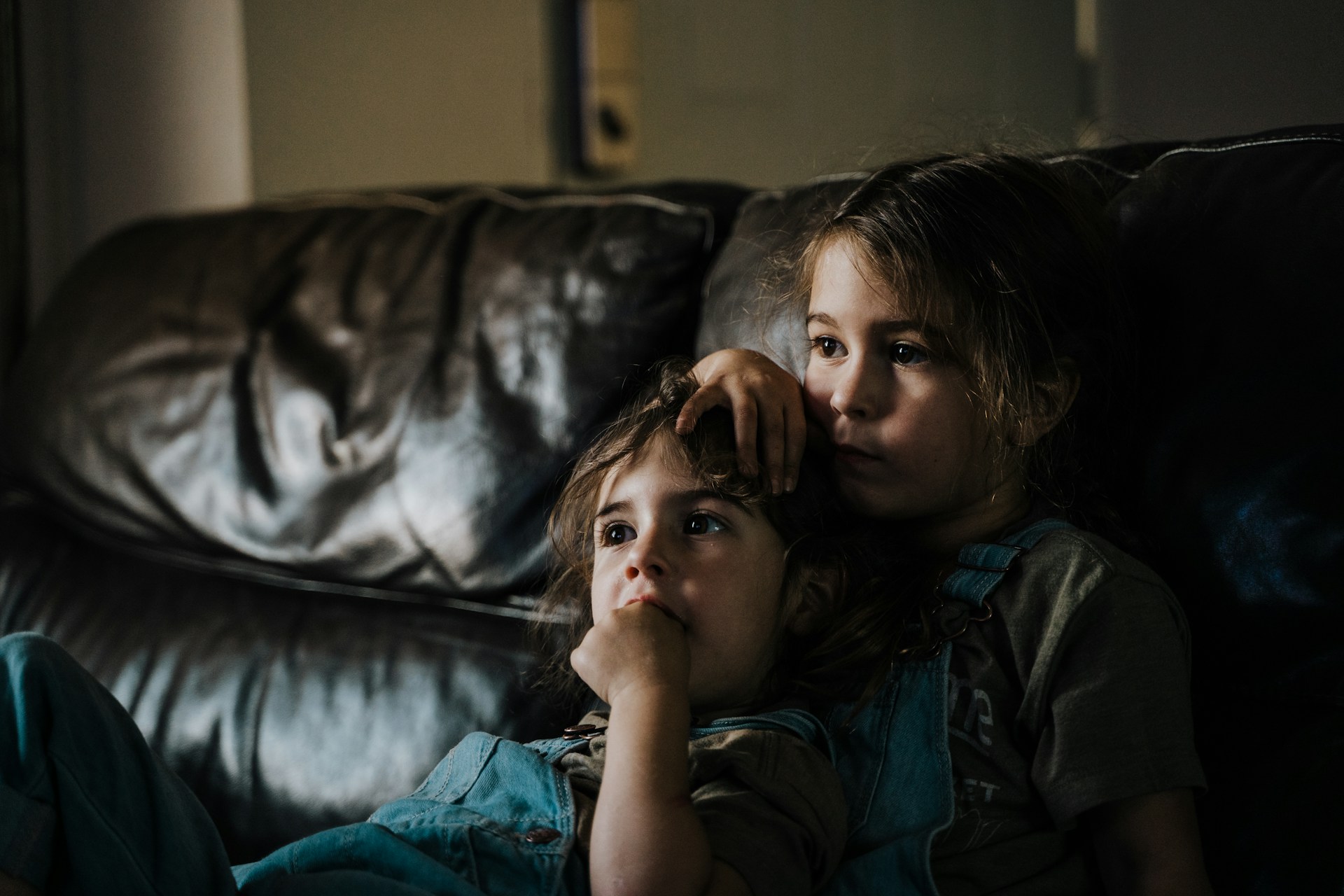 Photo by Josue Michel on Unsplash
Photo by Josue Michel on Unsplash
11. Perfectionist
Has anyone ever called you a perfectionist before? Well, the eldest child often has a love-hate relationship with perfectionism, usually born from the early pressures to set the bar high. The constant drive for excellence and perfection can manifest in your academics, hobbies, and even personal projects. While it's good to constantly push yourself to new heights, it can also lead to a lot of self-imposed stress.
12. Resilient
Since you're the first to face disappointment from parents, as the oldest child, you likely had to learn how to be resilient at a young age. You're quick to bounce back from setbacks, whether it's dealing with the challenges of being a good role model, or handling the weight of your parent's expectations.
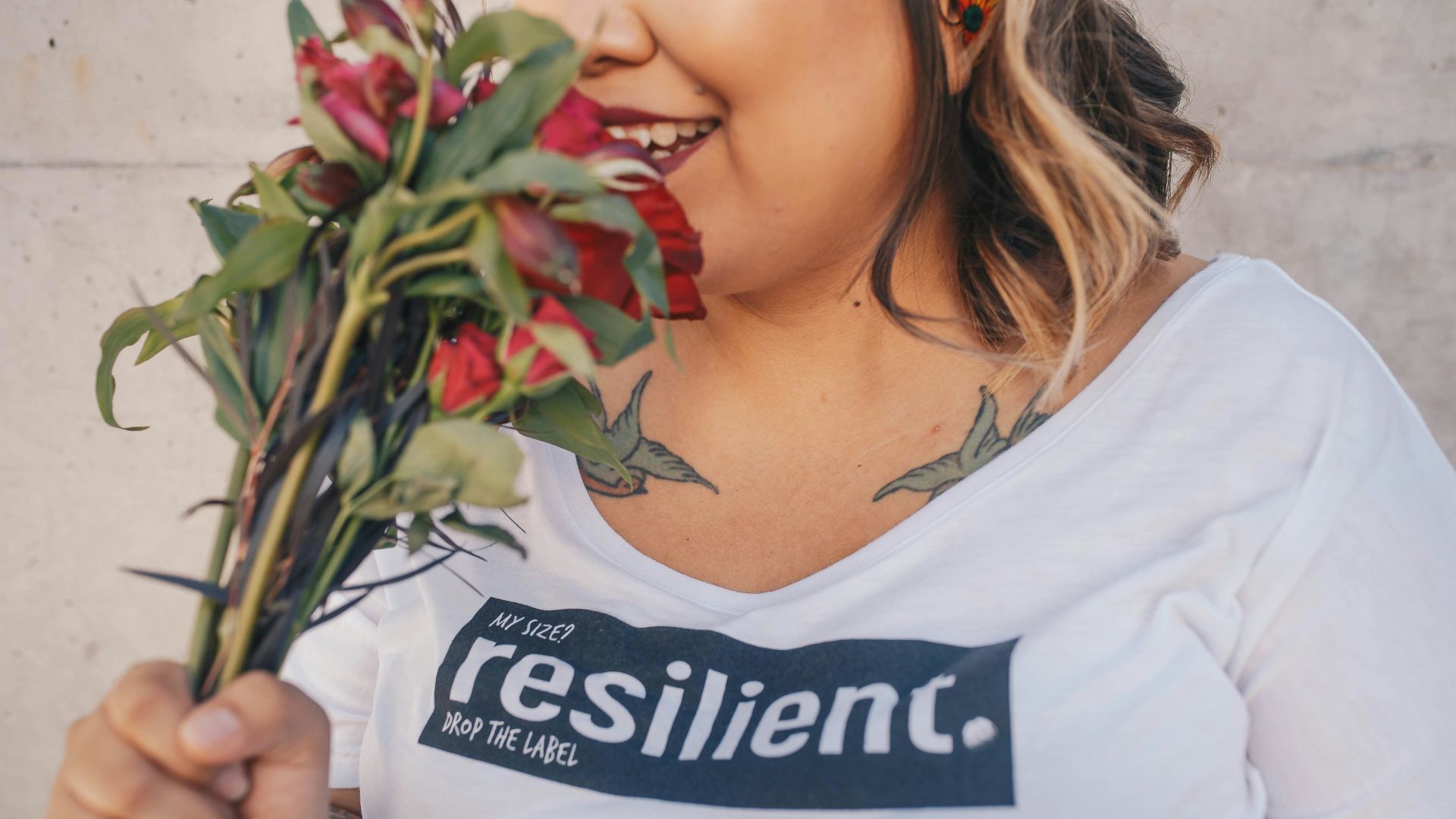 Drop the Label Movement on Unsplash
Drop the Label Movement on Unsplash
13. Competitive
There was a phase in your life (no matter how short it was) where you were the only child getting all the attention from your parents. And so when your younger siblings came into the picture, it's not uncommon for a bit of competitiveness to spark within you. This will slowly extend beyond just sibling rivalry though; it'll push you to succeed in school and extracurricular activities to get the validation you desire.
14. Strong Work Ethic
Hard-working and oldest child just go hand in hand with one another. It makes sense that you'd develop such a strong work ethic early on because you're tasked with so many responsibilities around the house. Oldest children tend to work harder to achieve their goals because they understand and have been taught the value of diligence and perseverance at a young age.
15. Anxious
It's not all rainbows and flowers - sometimes, the weight of expectations and the pressure of being the oldest can lead to higher levels of anxiety. Whether it's worrying about meeting parental standards, making the right decisions, or setting a positive example for their siblings, there are definitely a lot of stressors that can come with being the oldest child. Be strong!
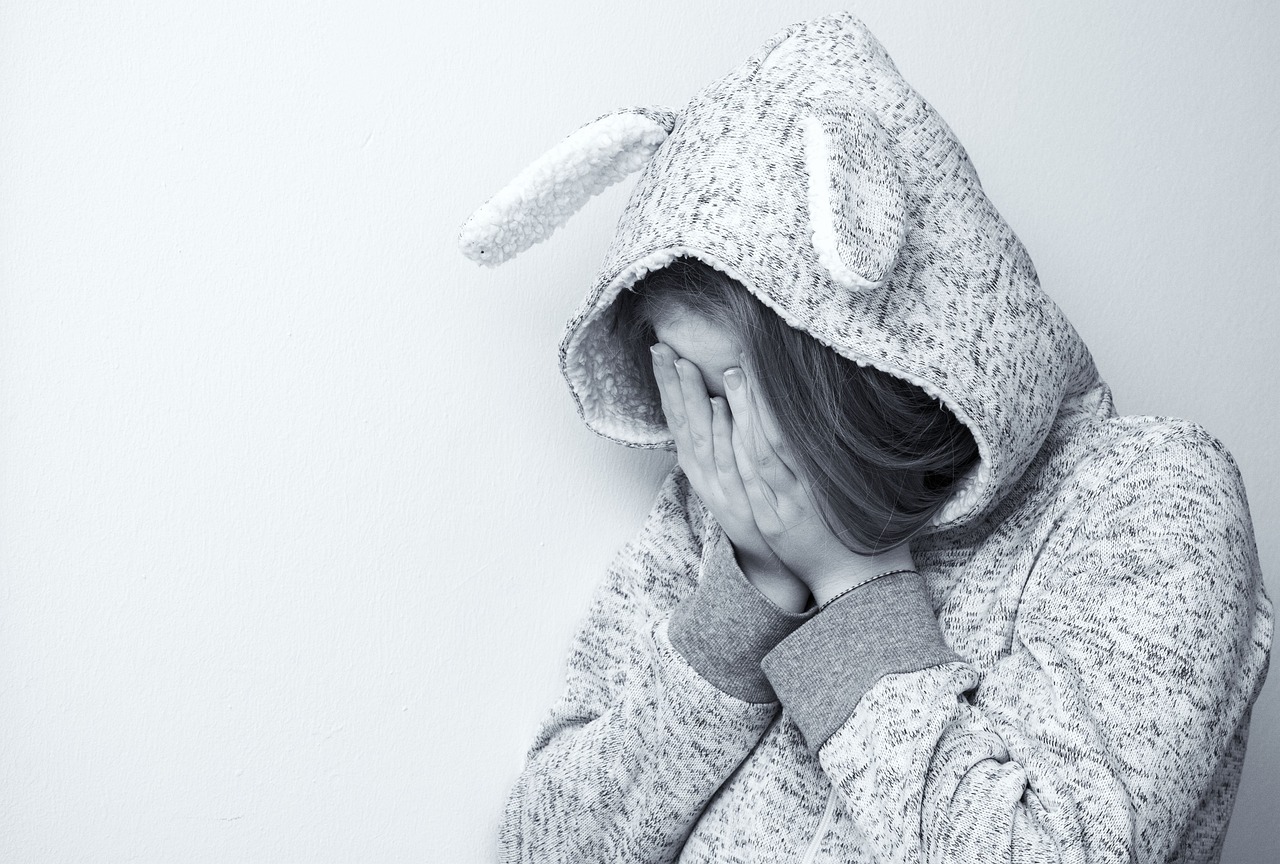 Image by Anemone123 from Pixabay
Image by Anemone123 from Pixabay
16. Able To Adapt
Having to deal with a range of challenges and changes that come with growing up, oldest children tend to be highly adaptive, especially when they're having to take on more responsibilities. You have the ability to adjust to new situations with more ease thanks to your early experiences. Whether it's being the oldest child, a good sibling, a mentor, or so on, you've also had to learn to take on a multitude of different roles.
17. Authoritative
With the important role of third parent falling on your shoulder, oldest children can develop a sort of authoritative trait. You're used to being listened to by younger siblings and getting more independence from your parents, which can make you assertive leaders, but can also lead to clashes if someone ever challenges your autonomy. Make sure you don't become too arrogant.
18. Seeks Validation
As parents begin to shift their attention away from the oldest and toward the younger children in the family, it's not uncommon to hear the oldest seeks validation more often. Because the eyes are no longer on them, they find ways themselves to get the attention they desire. All anyone wants is to be told they're doing a good job!
19. Appreciates Alone Time
Given that you're constantly crowded by your parents and other siblings, getting a moment alone with peace and quiet definitely feels like a rare treat. Oldest children love getting some alone time where they can be with themselves, do what they want, and put themselves first for this short moment in time.
20. Tendency to Overcommit
With a natural desire to please and lead, the oldest child may have a tendency to overcommit themselves. Whether it's to activities, responsibilities, or relationships, you have to learn to balance your commitments and personal well-being at the same time. Although you want nothing but the best, it's important you don't overlook your own mental health for the sake of success.


